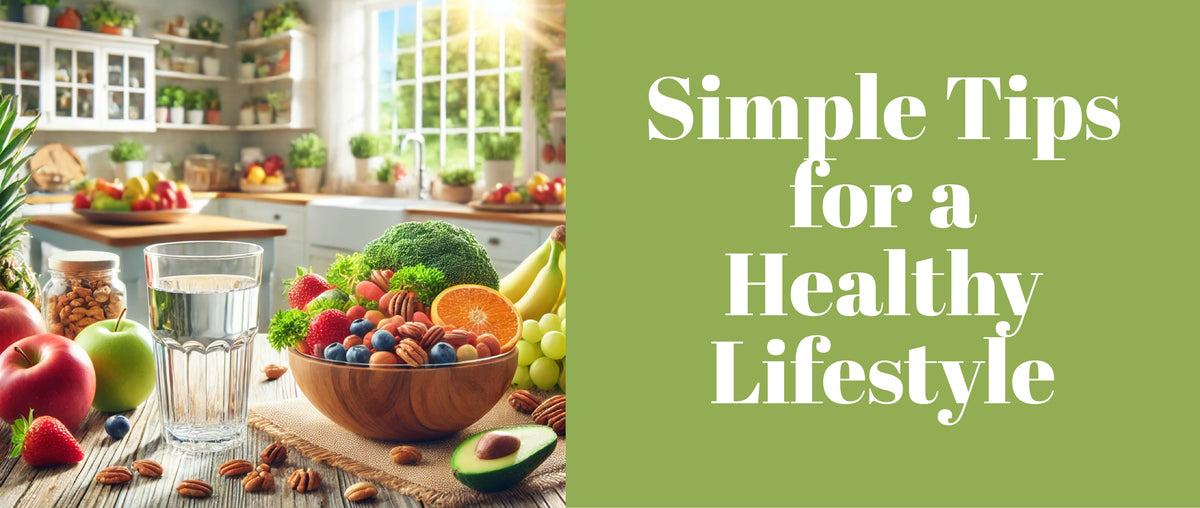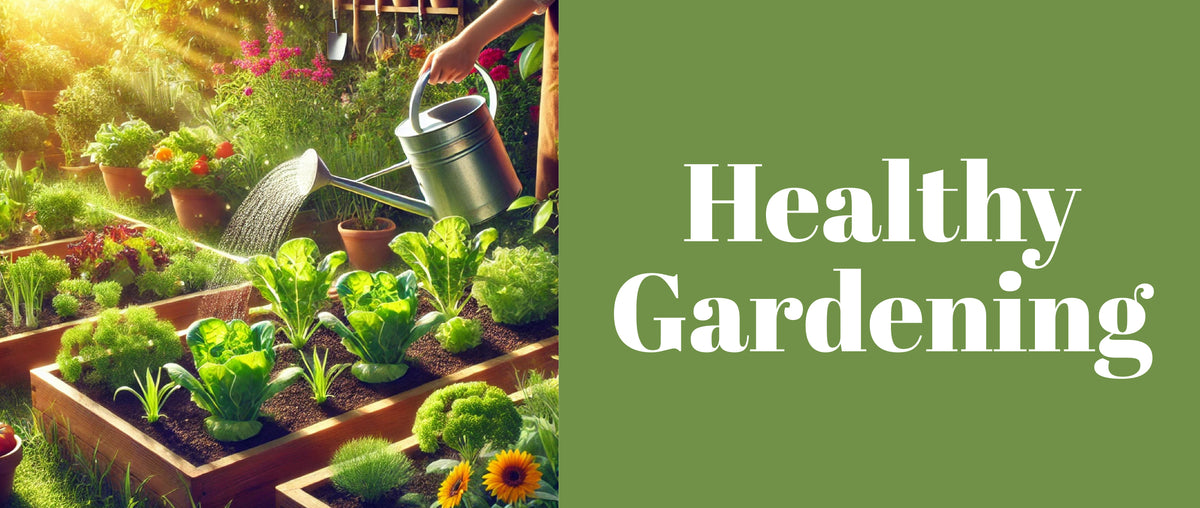Healthy Diet Plan for Weight Gain
Achieving a healthy weight gain isn’t about consuming junk food or indulging in processed snacks. Instead, it’s about creating a nutrient-rich diet plan that balances macronutrients, ensures a caloric surplus, and supports overall well-being. If you're looking to build muscle, improve energy levels, or recover from an underweight condition, this guide will provide you with all the essential details to design a healthy diet plan tailored to your needs.
Whether you're on a vegan diet, prefer plant-based foods, or want to include cholesterol-free foods, there are plenty of options to support healthy weight gain. Let’s explore the science and strategies behind this approach.
Understanding Caloric Surplus
To gain weight healthily, your body needs to consume more calories than it burns daily. This concept, known as a caloric surplus, is the foundation of any weight-gain diet plan.
How to Calculate Your Daily Caloric Needs
Your caloric requirements depend on factors like age, gender, activity level, and metabolism. Here's how you can calculate them:
- Basal Metabolic Rate (BMR): The number of calories your body burns at rest.
- Total Daily Energy Expenditure (TDEE): BMR + calories burned during activities.
For example, if your TDEE is 2,000 calories, aim to consume 2,300–2,500 calories daily for weight gain.
Key Tips to Achieve a Healthy Caloric Surplus
- Incorporate nutrient-dense foods like whole grains, legumes, nuts, and seeds.
- Include calorie-packed beverages such as kombucha, apple cider vinegar drinks, or healthy smoothies with added nut butters like cashew butter.
- Add toppings like fresh mozzarella, vegan butter, or garlic butter to your dishes for extra flavor and calories.

Macronutrient Breakdown for Weight Gain
A healthy weight gain diet involves a balance of proteins, carbohydrates, and fats. Let’s delve deeper into each macronutrient:
1. Protein: The Building Block of Muscles
Protein is crucial for muscle repair and growth. Focus on high-quality protein sources, including:
- Plant-based options: Vegan products like tofu, tempeh, and plant-based cheese.
- Dairy-free alternatives: Vegan cheese and unsalted butter.
- Nutrient-rich choices: Quinoa, chickpeas, and lentils.
Recommended Intake: Aim for 1.6–2.2 grams of protein per kilogram of body weight.
2. Carbohydrates: Your Energy Source
Carbohydrates are essential to fuel your workouts and support your weight-gain goals. Opt for complex carbs, such as:
- Whole grains (brown rice, oats, quinoa).
- Starchy vegetables (sweet potatoes, pumpkin).
- Healthy snacks like oat milk smoothies or baked goods with vegan butter.
3. Fats: The Caloric Heavyweight
Healthy fats are a concentrated source of energy. Include a mix of:
- Unsaturated fats: Found in avocados, nuts, seeds, and olive oil.
- Nut butters: Cashew butter or almond butter.
- Cooking options like fat-free butter or garlic butter for added taste.
Incorporating Nutrient-Dense Foods into Your Diet
| Food Category | Examples |
|---|---|
| Protein Sources | Lentils, tofu, tempeh, chickpeas, plant-based cheese |
| Carbohydrates | Oats, whole wheat bread, quinoa, sweet potatoes |
| Healthy Fats | Avocados, vegan butter, nuts, seeds, cashew butter |
| Healthy Drinks | Oat milk, kombucha, smoothies |
| Cheese Varieties | Fresh mozzarella, parmesan cheese, unprocessed cheese |
Sample Meal Plans for Healthy Weight Gain
Creating a structured meal plan is essential to ensure a consistent caloric surplus and a balance of nutrients. Below are examples of meal plans tailored to support healthy weight gain.
7-Day Meal Plan
This plan includes a mix of vegan products, nutrient-dense foods, and calorie-rich options.
| Day | Breakfast | Lunch | Snack | Dinner |
|---|---|---|---|---|
| Monday | Oatmeal with oat milk and almonds | Brown rice, tofu stir-fry, and veggies | Vegan butter on multigrain toast | Lentil soup with a side of vegan cheese |
| Tuesday | Smoothie with bananas, cashew butter, and flaxseeds | Quinoa salad with chickpeas and avocados | Trail mix with nuts and seeds | Pasta with fresh mozzarella and spinach |
| Wednesday | Whole-grain toast with garlic butter and avocado | Sweet potato with black beans and salsa | Apple cider vinegar drink | Vegan curry with basmati rice |
| Thursday | Pancakes made with oat milk | Lentil burger on a whole-grain bun | Roasted chickpeas | Stir-fried vegetables with tofu |
| Friday | Smoothie bowl with berries and granola | Quinoa bowl with roasted vegetables | Rice cakes topped with hummus | Vegan pizza with the best mozzarella cheese for pizza |
| Saturday | Scrambled tofu with sautéed spinach | Couscous with chickpeas and zucchini | Nut butter energy balls | Baked potatoes with vegan butter |
| Sunday | Chia pudding with oat milk and fruits | Grilled tempeh with brown rice and broccoli | Handful of walnuts and a kombucha | Vegan lasagna with unprocessed cheese |

3,000-Calorie Meal Plan
A higher caloric intake plan for active individuals:
| Meal | Example Foods |
|---|---|
| Breakfast | Smoothie with bananas, peanut butter, vegan butter, and chia seeds |
| Mid-Morning Snack | Trail mix with almonds, cashews, and dried cranberries |
| Lunch | Buddha bowl: quinoa, roasted chickpeas, veggies, and unsalted butter |
| Snack | Toast with garlic butter and a side of kombucha |
| Dinner | Vegan pizza with plant-based cheese and a side salad |
| Evening Snack | Bowl of coconut yogurt with granola and berries |
Lifestyle Tips for Healthy Weight Gain
1. Meal Timing and Frequency
- Eat every 2–3 hours to maintain a steady caloric intake.
- Incorporate snacks like nut bars, fruit smoothies, or toast with fat-free butter between meals.
2. Focus on Strength Training
- Combine your diet plan with strength exercises like weightlifting to gain muscle mass rather than fat.
- Protein-rich options such as plant-based cheese and vegan butter are great post-workout meals.
3. Stay Hydrated
- While calorie-dense foods are essential, don’t forget hydration. Opt for healthy drinks like kombucha and apple cider vinegar drinks.
4. Overcome Appetite Challenges
- Include high-calorie, small-portioned meals like avocado toast topped with parmesan cheese or smoothies enriched with cashew butter.
- Use calorie-rich toppings like fresh mozzarella or garlic butter on vegetables and bread.
5. Monitor Progress and Adjust
- Track your daily intake and weight changes weekly.
- Modify your plan by increasing servings of vegan products, carbs, or healthy fats if results are slow.
Key Nutritional Additions
For extra calorie boosts, include:
- Best mozzarella cheese in India options for vegan pizza and lasagna.
- Low-fat butter or fat-free cheese for meal enhancements.
- Snacks like toast topped with unprocessed cheese or vegan butter.
Common Challenges and Solutions
1. Managing a Fast Metabolism
Some individuals have a fast metabolism, making it harder to maintain a caloric surplus.
- Solution: Incorporate calorie-dense foods like avocados, nuts, and vegan butter.
- Add high-calorie toppings such as fresh mozzarella or plant-based cheese to your meals.
2. Dealing with Early Satiety
Feeling full too quickly can hinder your calorie intake.
- Solution: Opt for smaller, more frequent meals throughout the day.
- Add calorie-packed smoothies with oat milk, nut butters, and seeds as snacks.
3. Overcoming Appetite Fluctuations
Appetite variations can disrupt your diet consistency.
- Solution: Prepare appealing meals using garlic butter, unprocessed cheese, or dairy-free options.
- Use herbs and spices to enhance flavor and stimulate appetite.
4. Avoiding Unhealthy Weight Gain
Weight gain through unhealthy foods may lead to other health issues.
- Solution: Stick to nutrient-dense options like low-fat butter, whole grains, and cholesterol-free foods.
- Avoid processed snacks and sugary beverages.
Conclusion
Achieving healthy weight gain requires a strategic approach involving a caloric surplus, nutrient-dense foods, and an active lifestyle. Whether you’re following a vegan diet, seeking cholesterol-free foods, or exploring innovative options like kombucha or vegan butter, a tailored plan can help you reach your goals effectively.
By incorporating nutrient-rich foods like fresh mozzarella, cashew butter, and oat milk, you can enhance your meals with flavor and calories. Pair your diet with strength training and monitor your progress regularly to achieve sustainable results.
If you’re looking for high-quality, plant-based cheese, unsalted butter, or other vegan products, visit Grabenord for an extensive selection of delicious and healthy options to support your journey.
Do you enjoy vegan food? We have a list of vegan restaurants in India to help you find delicious options in your area!












